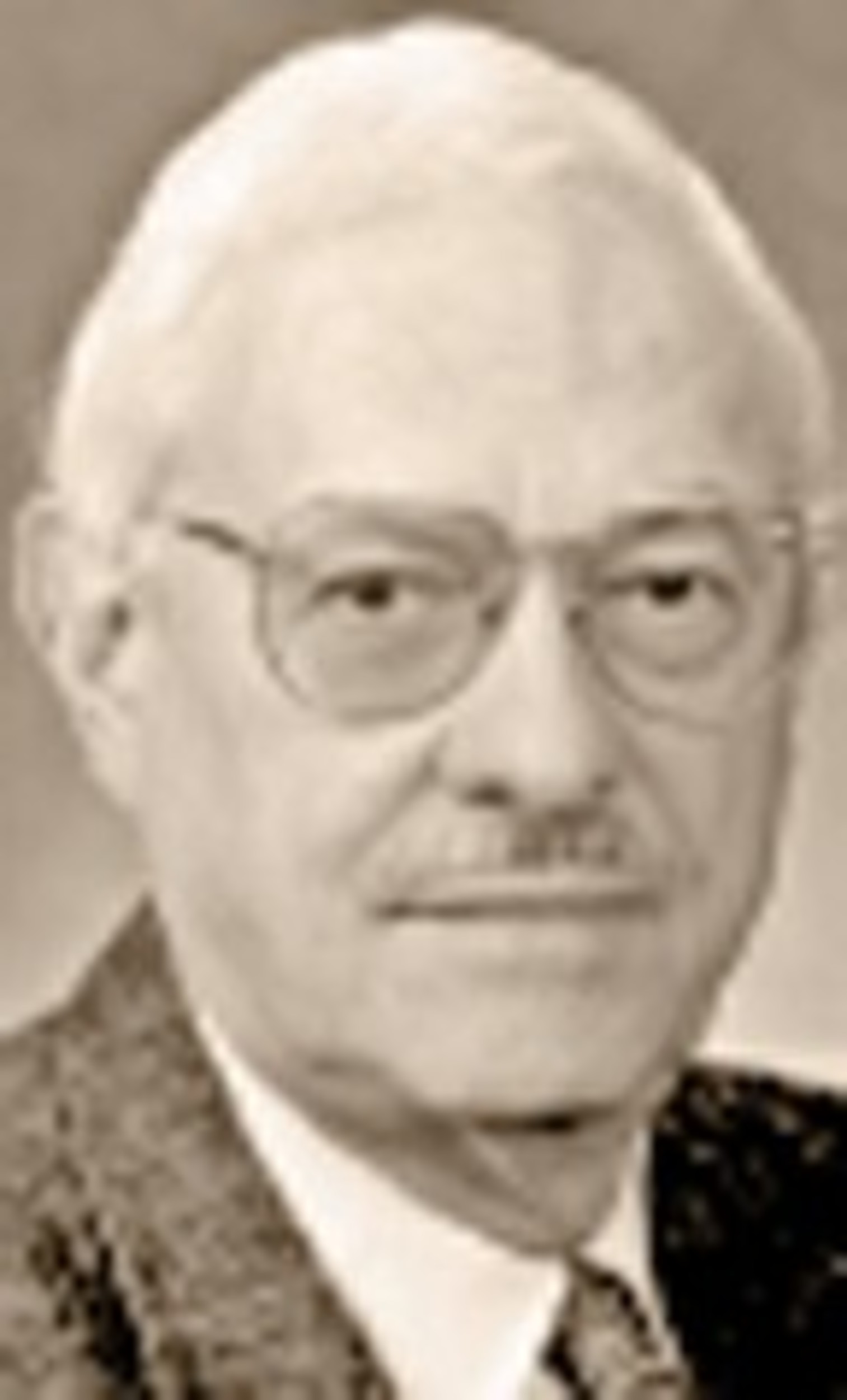The needless specter of dying in exile
Few things in life are more subject to change than the range of therapies and palliative interventions that the modern physician can offer. Older physicians will recall that death had the controlling hand in the terminally ill patient; and when death became imminent, a physician’s skill was measured by the degree to which the dying process was eased. It was a quiet, non-heroic encounter, often with nurses, a rabbi and family sharing in a respectful acceptance of the impending biological reality.
These newly devised life-extending measures have now prolonged the lives of many thousands. But by creating an expanded netherworld between life and death, the medical interventions have blurred the frontiers that separated the two. And, in so doing, they have placed a greater moral burden upon those physicians who now possess the means to alter, if only temporarily, these boundaries.
The 1940 physician, sitting helplessly at the bedside of the dying patient, was but an educated observer. The 2014 physician, with access to newer technologies, now confronts a growing list of possible interventions. And, when choices are made, ethical dilemmas will inevitably arise.
An outsider may accuse the modern physician of needlessly prolonging the dying agonies; or, alternatively, of prematurely removing life supports. In either case, critics will contend that the physician is playing God ignoring the reality that virtually any medical intervention, such as vaccinations, will surely alter the span of life.
Ignorance of the intimacies of dying has also needlessly promoted the specter of euthanasia. In recent years, the Rhode Island Board of Medical Licensure has yet to receive a single formal complaint accusing a local physician of euthanasia. The problem, therefore, is not some sinister intent that must be expunged or, at the least, guarded against.
Rather, the question is whether society will allow the concerned physician to factor in the patient’s autonomous wishes when he or she decides upon one course or another; whether the patient – confronting a life with no joy, freedom from pain, meaning or future – shall have a critical voice in determining the choice and duration of therapies.
Today’s physician thinks not of euthanasia but rather of ways to ease those anxieties that confront the terminally ill individual – terrors such as the loss of dignity, loss of self-esteem, loss of social status, helplessness and, most of all, aggravated pain. Today’s physician recognizes that the customary mission of medicine – to diagnose ailments, treat disease and prolong life – no longer pertains when the patient has but days to live.
The most appropriate behavior, then, is to listen attentively and identify the patient’s needs, whether they be medical, social or spiritual. Foremost among these needs, frequently, is the management of intractable pain. Today’s physician does not seek to shorten a patient’s life; rather, this physician seeks to enhance, to the extent possible, the quality of life during these terminal days or hours.
The concept of a system of rational and sensitive care for the terminally ill has been advocated for years by such leaders of the hospice movement as Edward Martin, M.D., medical director of Home and Hospice Care of Rhode Island. Both the Miriam Hospital and Rhode Island Hospital have now established inpatient palliative care units based on principles of patient-centered compassionate aid, the control of pain and a due regard for the autonomy of the dying individuals.
The enemy, then, is no longer death but rather the dehumanizing silences, the isolation, the helplessness, the unremitting pain, the abandonment – the dying in exile – that have relentlessly haunted so many in their final hours. The means of achieving a more humane quality of life in these terminal intervals are awesomely simple: They include an authentic respect for meaningful life, a steadfast commitment to the patient’s dignity, a nonjudgmental ear, a bolder use of pain-suppressing medication and an appreciation of the finiteness of life.
STANLEY M. ARONSON, M.D. (smamd@cox.net) is dean of medicine emeritus at Brown University.








